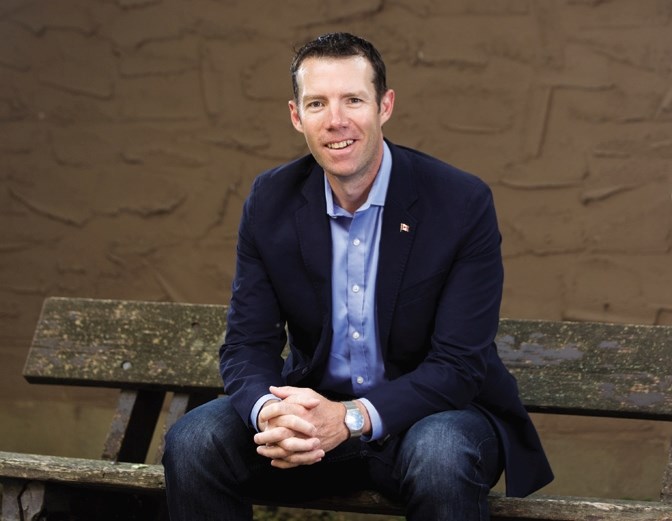There’s still a lot of work to be done on legislation that would legalize marijuana by Canada Day 2018, according to the Foothills MP.
The federal government announced its proposed Cannabis Act on April 13, which would bring marijuana sales under control of the government, similar to tobacco. Adults would be permitted to carry 30 grams of marijuana in public and grow up to four plants in their households. The penalty for selling marijuana to a minor could be as much as 14 years in prison.
If approved, the act would come into force on July 1, 2018.
In addition, RCMP and police departments will be provided with methods to test saliva for drivers suspected of driving while high, and positive tests could result in subsequent blood tests.
According to Bill Blair, press secretary for justice minister Jody Wilson-Raybould, the legislation "seeks to legalize, strictly regulate and restrict access to cannabis, and it will make Canada safer.”
Foothills MP John Barlow isn’t convinced. He said his office has received countless emails, and while some are in favour of the proposed legislation he said the majority are adamantly opposed.
“The reasons they were legalizing marijuana was number one, to take the proceeds and profits away from criminals, and number two, to keep marijuana out of the hands of children,” said Barlow. “I do not see anything in this legislation that will address these things.”
People who have been illegally selling marijuana without having to pay taxes, worker’s compensation or EI aren’t going to suddenly change their practice, he said.
Barlow is also not certain the legislation will keep marijuana out of the hands of children, as the Liberal government has proposed. Having it available in stores makes it more accessible, he said.
“I think most of us when we were 15 or 16, we had no problem finding somebody to pull us beer,” said Barlow. “So, to say that this is somehow going to keep it out of the hands of kids, I just don’t see that anywhere in here, other than some very stiff penalties, and credit for that, that it’s 14 years is the possible sentence for selling to minors.”
His greatest concern is the federal government is downloading much of the responsibility to deal with the legislation to the provinces and municipalities. It will be up to these governments to determine legal age, distributions methods, and restrictions.
There will be meetings with municipalities and local MLAs to discuss the legislation and determine how best to raise their concerns, he said.
Barlow said he also has reservations about making marijuana legal on Canada Day 2018. Visions of maple leafs being replaced by red marijuana leaves on national flags make him uncomfortable, he said.
“Canada Day is about Canada and Canadians and our history, our culture, to celebrate who we are as Canadians,” said Barlow. “It shouldn’t be about marijuana, and I’m very worried that’s all of a sudden going to be a big part of Canada Day.”
Barlow said he will host round table discussions and town hall meetings throughout the Foothills riding this spring, once everyone has had the opportunity to review the proposed marijuana legislation.
If nothing else, he said there needs to be more time to ensure citizens have the opportunity to react before the ball gets rolling. In addition, Barlow said Canada will have to negotiate its way out of international treaties that include clauses against legalizing marijuana.
He said he’s been publicly opposed to the legalization of cannabis since he was elected, and he doesn’t plan to stay silent with legislation on the table.
“I think we can find some ways to make it a ticketable offence and not a criminal offence to appease those recreational users,” said Barlow. “But to make it legal, especially this way, with downloading so much responsibility onto the provinces and municipalities I just don’t think is the right way to go.”
As far as the RCMP are concerned, being in possession of marijuana or driving under the influence is currently illegal and offenders will be treated as such.
Okotoks Staff Sgt. Jim Ross said it’s too early to say whether there will be effective methods to test someone who is high.
“It’s really difficult to say until it’s fully endorsed,” said Ross. “There are people trained to test for it, but there are other cues as well. For instance, the smell sticks to peoples’ clothing, and that doesn’t necessarily mean they’re using, but it’s a pretty good indicator.”
He said over the next year more information will become available, and in the meantime the RCMP will continue to enforce the current laws as they exist.




